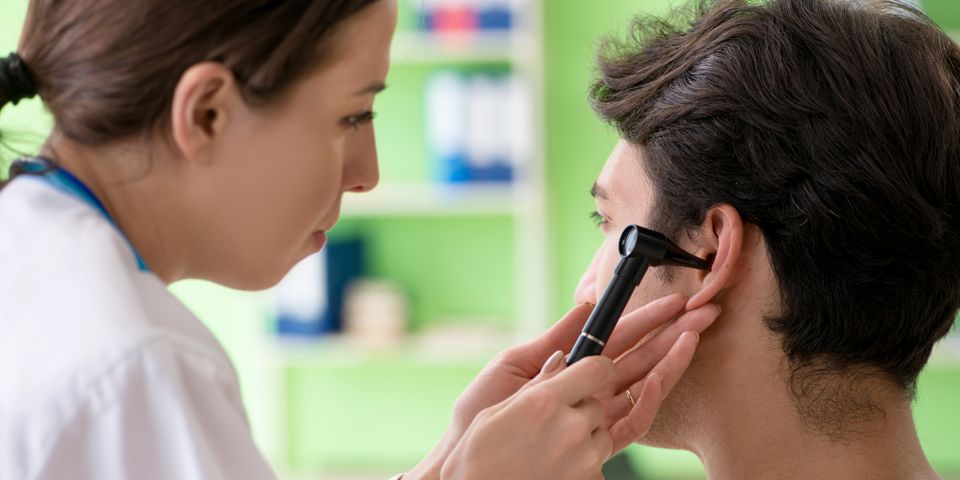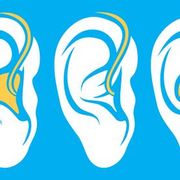A Guide On the Differences Between Unilateral and Bilateral Hearing Loss

When someone loses their hearing, both ears may not be affected in the same way. In fact, there are two main classifications for hearing loss: unilateral and bilateral. If your hearing is diminished, you can learn about the type you may be experiencing by visiting a hearing clinic. In the meantime, here are a few facts you should know about unilateral and bilateral hearing loss.
What Is Unilateral Hearing Loss?
This type of hearing loss only affects one ear. People who ask you to speak into their "good ear" or who struggle to hear when you're standing far away may have unilateral hearing loss. This condition is also referred to as one-sided hearing loss.
People whose hearing is affected in this way are not always completely deaf. They may have diminished hearing that mainly affects one ear. In addition to struggling with speech comprehension, people with unilateral hearing loss may have trouble discerning where a sound is coming from or may have a hard time distinguishing speech from background noise.
This type of loss can happen for a number of reasons, including exposure to loud noises, medical illnesses, or genetic conditions.

What Is Bilateral Hearing Loss
Bilateral hearing loss affects both ears. Someone with this form of loss may have diminished hearing ability on both sides, or they may have anacrusis, a complete inability to hear. Bilateral hearing loss can be symmetrical if it's the same for both ears or asymmetrical if each ear is affected differently.
This form of loss can occur due to advanced age, loud noises, medical conditions, a genetic predisposition, or head injuries. It is quite common in people over the age of 65.
How Are Both Conditions Evaluated or Treated?
Both unilateral and bilateral hearing loss is evaluated and treated in similar ways. First, an audiologist conducts tests at a hearing clinic to evaluate a person's hearing ability. These painless tests typically involve listening to a series of noises in headphones and noting when you can or can't hear a sound. The audiologist will present a mix of low and high frequency sounds to get an accurate picture of your hearing.
From there, they'll use the information they've gathered to recommend a treatment plan so that you can hear clearly again. This could involve using hearing aids to amplify noises in one or both ears.
If you're overdue for a hearing test, visit Northwest Alabama Hearing Clinic in Hamilton, AL. Audiologist Dr. Angie Kerr uses cutting-edge technology to evaluate your hearing. If you need hearing aids, she'll review your options to help you find the best fit for your needs and budget. Learn more about what she can do for you online or schedule an appointment at the hearing clinic by calling (205) 952-9944.
About the Business
Have a question? Ask the experts!
Send your question

